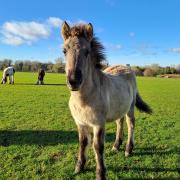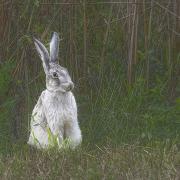Curiosity didn’t kill the cat, says Robin Gainher, headmaster at Beeston Hall School at West Runton.
The most reliable predictor of educational achievement is, according to the psychologist Sophie von Stumm, of Goldsmiths, University of London, “a hungry mind”. It’s no longer enough for children just to be smart; computers are smart but no computer can yet be said to be curious. Today, it’s not just what you know that counts – it’s how much you want to know.
We should be asking ourselves whether or not our child is curious; does he/she constantly ask questions about how something works or are they passive acceptors of what they are told. Are they voracious readers of books or slaves to a screen? Research from the 2015 Childwise Survey on media habits found that children aged five to 16 years old spend six-and-a-half hours a day in front of a screen (that’s 45 1/2 hours a week). Just think what they could be doing for all that time every week if they were not in front of a screen.
While the internet is the most powerful tool of intellectual curiosity ever invented, it also provides a stream of easy “Google search” answers. Despite this it’s amazing how even with an endless encyclopaedia of internet knowledge at our fingertips, children will still say, “I don’t know”, rather than, “I’ll find out”!
Curious children are self-starters, they get a kick out of thinking, therefore they will work things out for themselves.



























